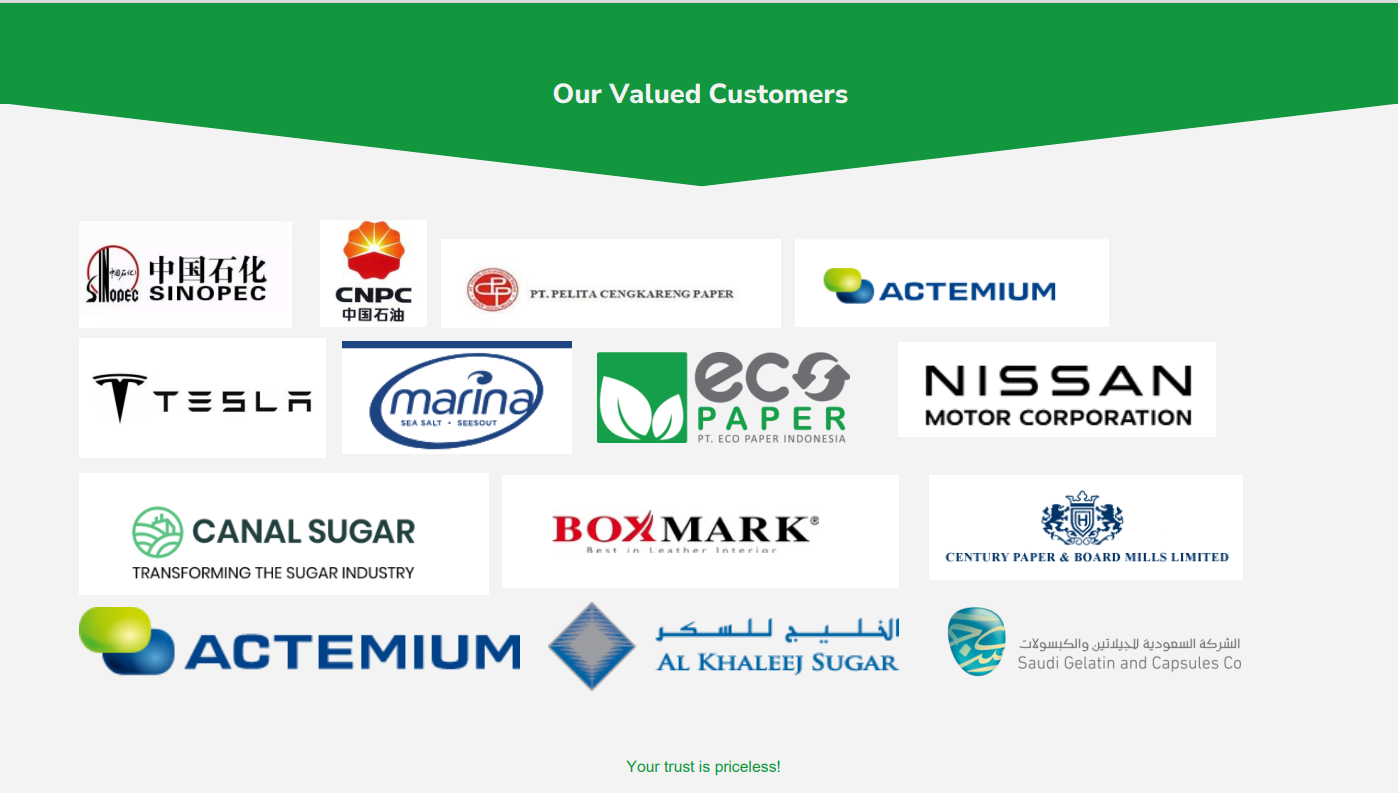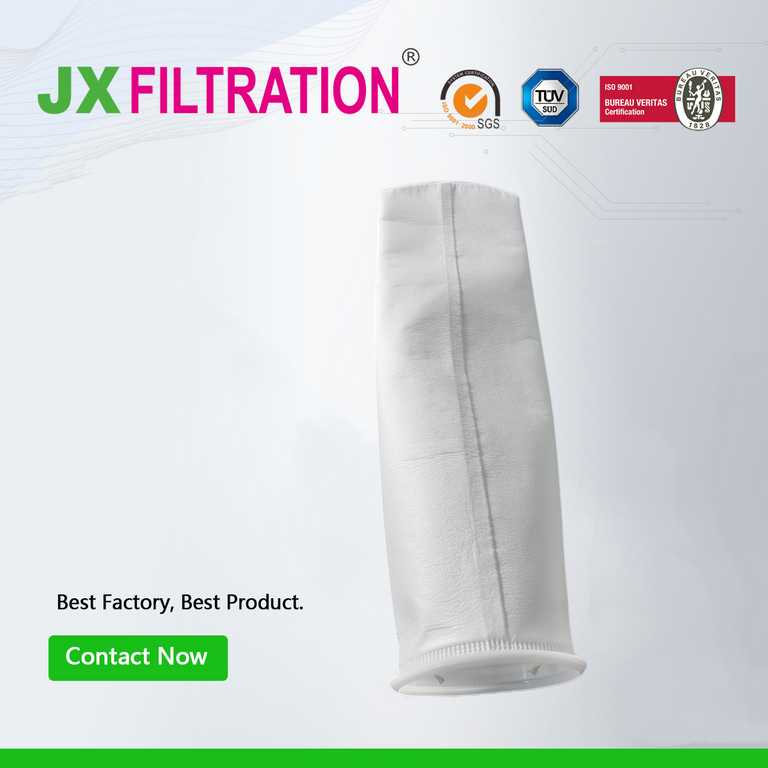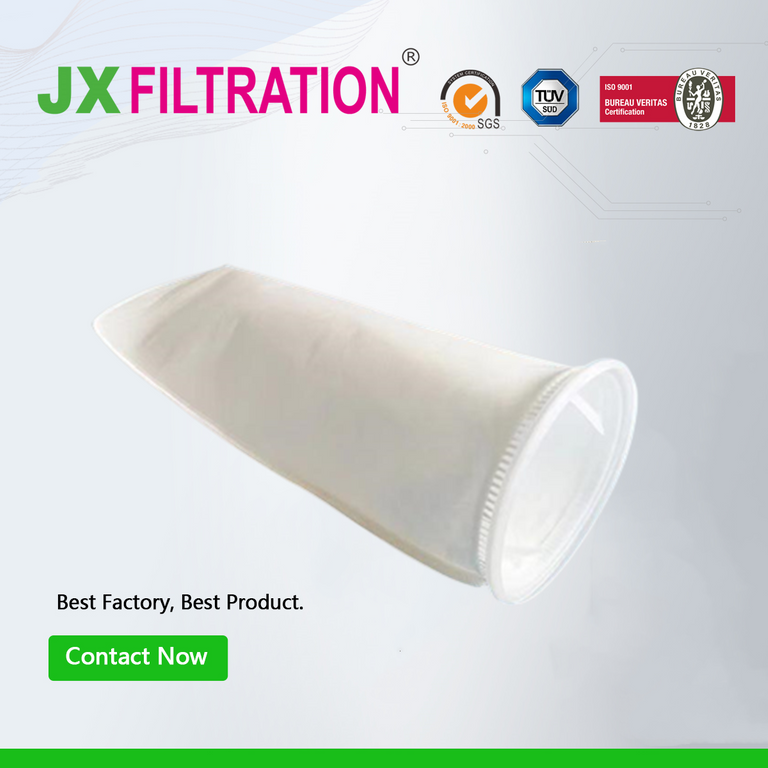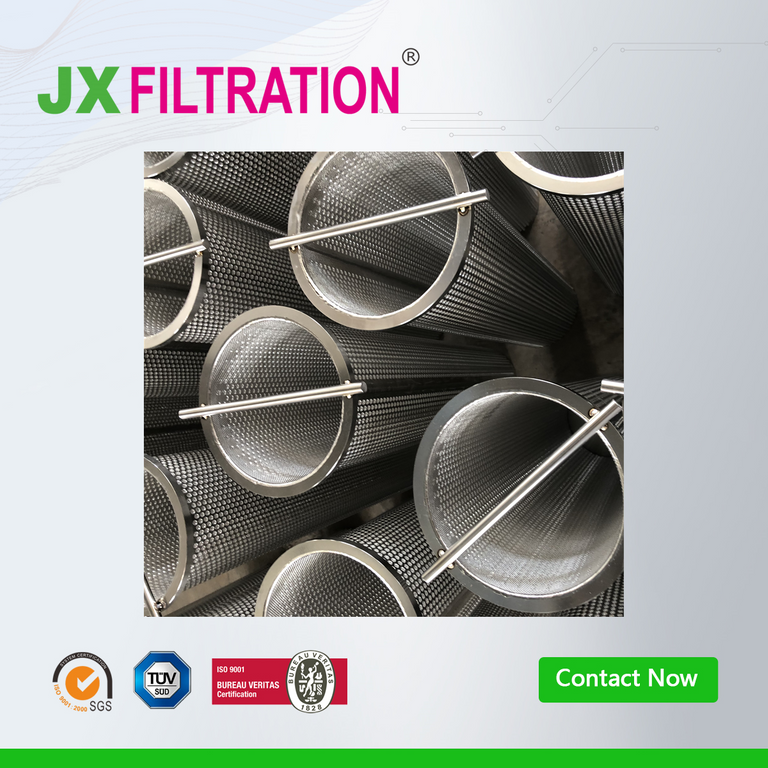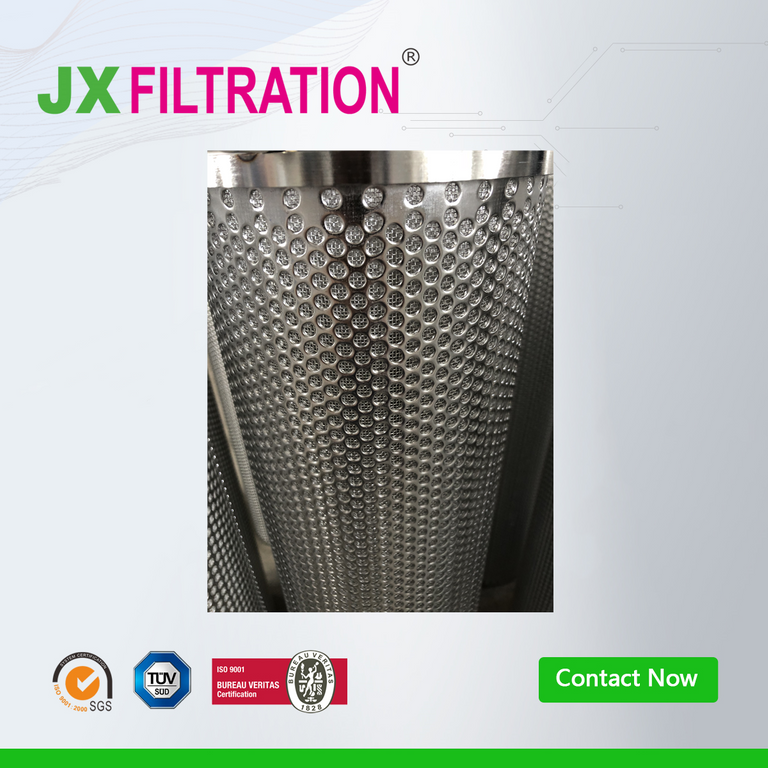1 Micron Bag Filter
As a filter element, the bag filter is a key part of the filtration process, the quality of the filter bag determines the filtration effect. According to the requirements of the filtration effect will have different precision, generally to the size of the pore size as the standard.
JX Filtration can make various bag filter with different slot size ( the smallest 1 micron bag filter) and different material as follows:
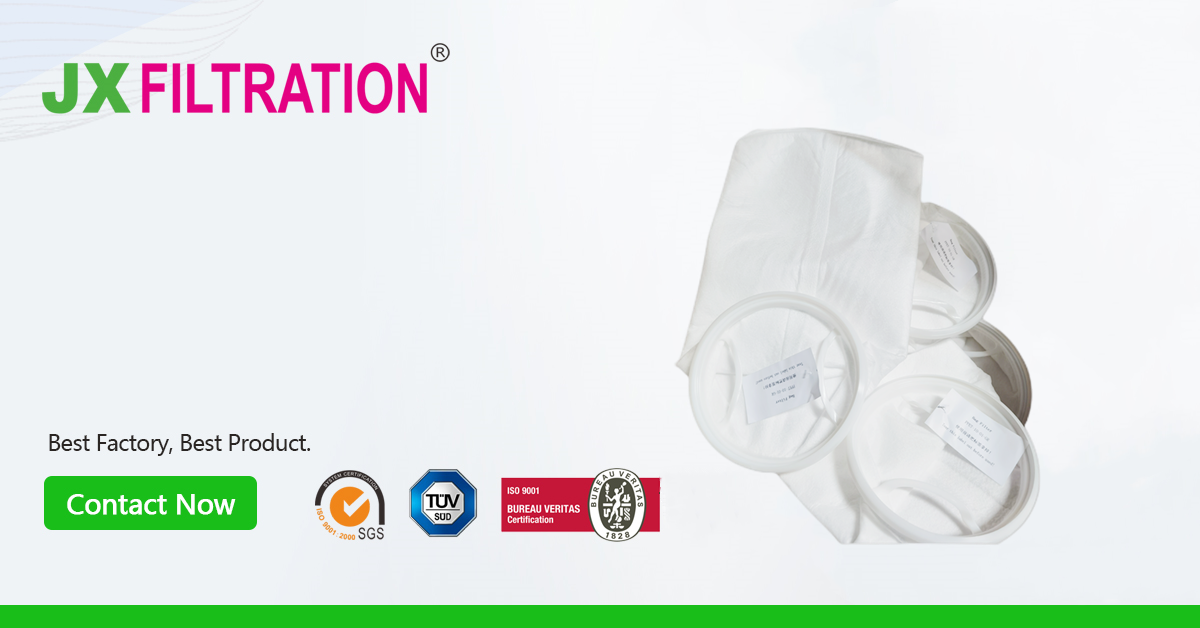
PP Polypropylene Density (0.9 g/mLat 25°C) Melting point (ºC): 189 Solubility: soluble in methyl formamide, thiocyanate. No resistance to aromatic hydrocarbon (benzene) solvents, chlorinated hydrocarbon (carbon tetrachloride) solutions, avoid strong oxidizers, chlorine, potassium permanganate.
Use temperature: less than 90 ºC Use acid and alkali PH value: 1-13
PE Poly(ethylene) :polyester, specific gravity 1.38g/cm3, melting point 256 ℃, operating temperature of 130 ℃ -150 ℃, polyester electrical insulation excellent, good wear resistance, high strength, good thermal stability.
Use temperature: less than 150 ℃ Use PH value: 5-8
PTFE Polytetrafluoroethylene (Teflon or PTFE) is a polymer compound made of tetrafluoroethylene by polymerization, melting point: 327 ℃, density: 2.1-2.3 g/cm³; polytetrafluoroethylene (F4, PTFE) has a series of excellent performance: high temperature resistance - long-term use temperature 200 ~ 260 degrees, low temperature resistance - still soft at -100 degrees; corrosion resistance - can resist aqua regia and all organic solvents; weather resistance - the best aging life in plastic; high lubrication - has the smallest coefficient of friction in plastic (0.04); non-stick -with the smallest surface tension in solid materials without adhering to any material; non-toxic - with physiological inertness; excellent electrical properties, is the ideal C-class insulation material, a thick layer of newspaper can block the high voltage of 1500V; smoother than ice using PH value: 1-14
PET polyethylene terephthalate resin, pet 1.68g/cm3, melting point: 250-255 ℃ dielectric properties in general, will be affected by hydrolysis. Creep resistance, fatigue resistance, friction resistance, dimensional stability are very good, organic solvent resistance, good weather resistance, PET fiber on weak acids, weak alkali stability, in the strong acid, strong alkali and water vapor under the action of decomposition will occur in some of the more corrosive organic solvents such as phenol, o-chlorophenol, m-cresol, trifluoroacetic acid mixed solvent, the use of temperature: less than 180 ℃.
Stainless steel wire mesh
304 stainless steel mesh: 06Cr19Ni10, SUS304, density of 7.93 g/cm, use temperature -196 ℃ ~ 800 ℃, rust causes: a, chloride ions, including salt / sweat / seawater / sea breeze / soil, to avoid measures: to often wipe, remove dust, keep clean and dry. b, solid solution treatment. c, intergranular corrosion.
316L stainless steel: 022Cr17Ni12Mo2, sus 316, AISI 316L, added Mo (2~3%), excellent corrosion resistance, high temperature resistance, excellent creep resistance, 316L stainless steel is also resistant to marine and aggressive industrial atmospheric erosion. In intermittent use below 1600 degrees and in continuous use below 700 degrees.
Nylon: polyamide fiber commonly known as nylon (Nylon/PA), density 1.15 g/cm3;, is a general term for thermoplastic resins containing repeating amide groups on the molecular backbone - [NHCO]-. It includes aliphatic PA, aliphatic-aromatic PA and aromatic PA.
Nylon has excellent toughness, self-lubricating, abrasion resistance, chemical resistance, gas permeability, and oil resistance, non-toxic and easy to color and other advantages. Long-term use temperature: less than 80 ℃, different concentrations of organic acids, alkalis or salts can lead to the swelling, dissolution or hydrolysis of PA.
Any requirements, contact us now!
Grace
Email:grace@filtrationchina.com
Mobile/Whatsapp/WeChat:+86 17269571160
